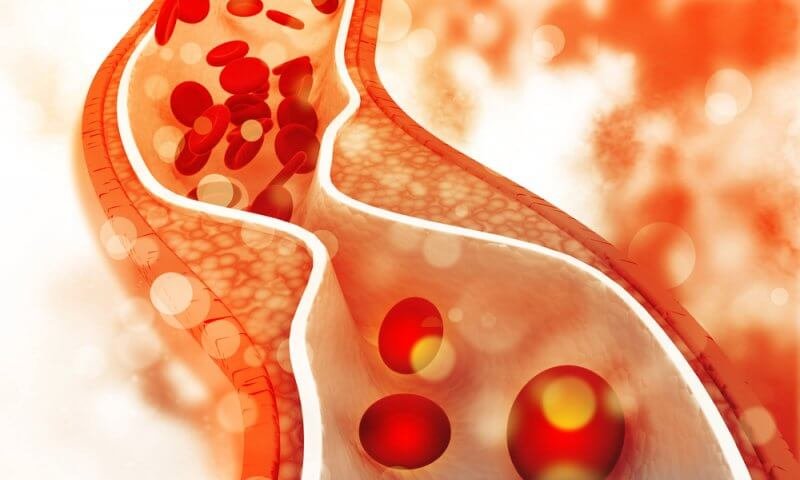U.S. researchers have used nanotechnology plus the powerful CRISPR-Cas9 gene editing tool to turn off a key cholesterol-related gene in mouse liver cells, an advance that could lead to new ways to correct genes that cause high cholesterol and other liver diseases.
…
“We’ve shown you can make a nanoparticle that can be used to permanently and specifically edit the DNA in the liver of an adult animal,” said study author Daniel Anderson, an associate professor in chemical engineering at the Massachusetts Institute of Technology.
The study, published on Monday in Nature Biotechnology, holds promise for permanently editing genes such as PCSK9, a cholesterol-regulating gene that is already the target of two drugs made by the biotechnology companies Regeneron Pharmaceuticals and Amgen.
…
In tests targeting the PCSK9 gene, the system proved highly effective, eliminating the gene in more than 80 percent of liver cells. The PCSK9 protein made by this gene was undetectable in the treated mice, which also experienced a 35 percent drop in total cholesterol, the researchers reported.
…
”If you can reprogram the DNA of your liver while you’re still using it, we think there are many diseases that could be addressed,” Anderson said.
The GLP aggregated and excerpted this blog/article to reflect the diversity of news, opinion, and analysis. Read full, original post: Nanotech, gene editing used to edit cholesterol gene: U.S. study































